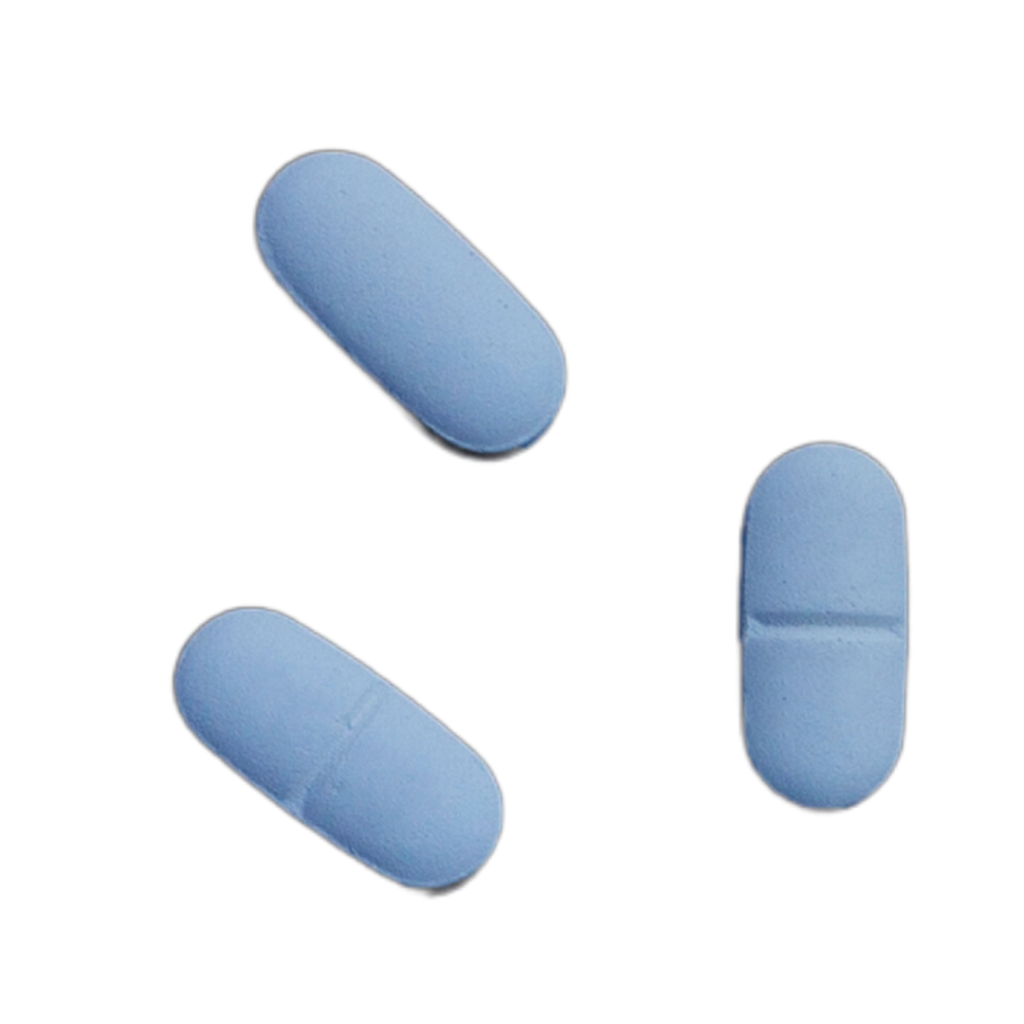
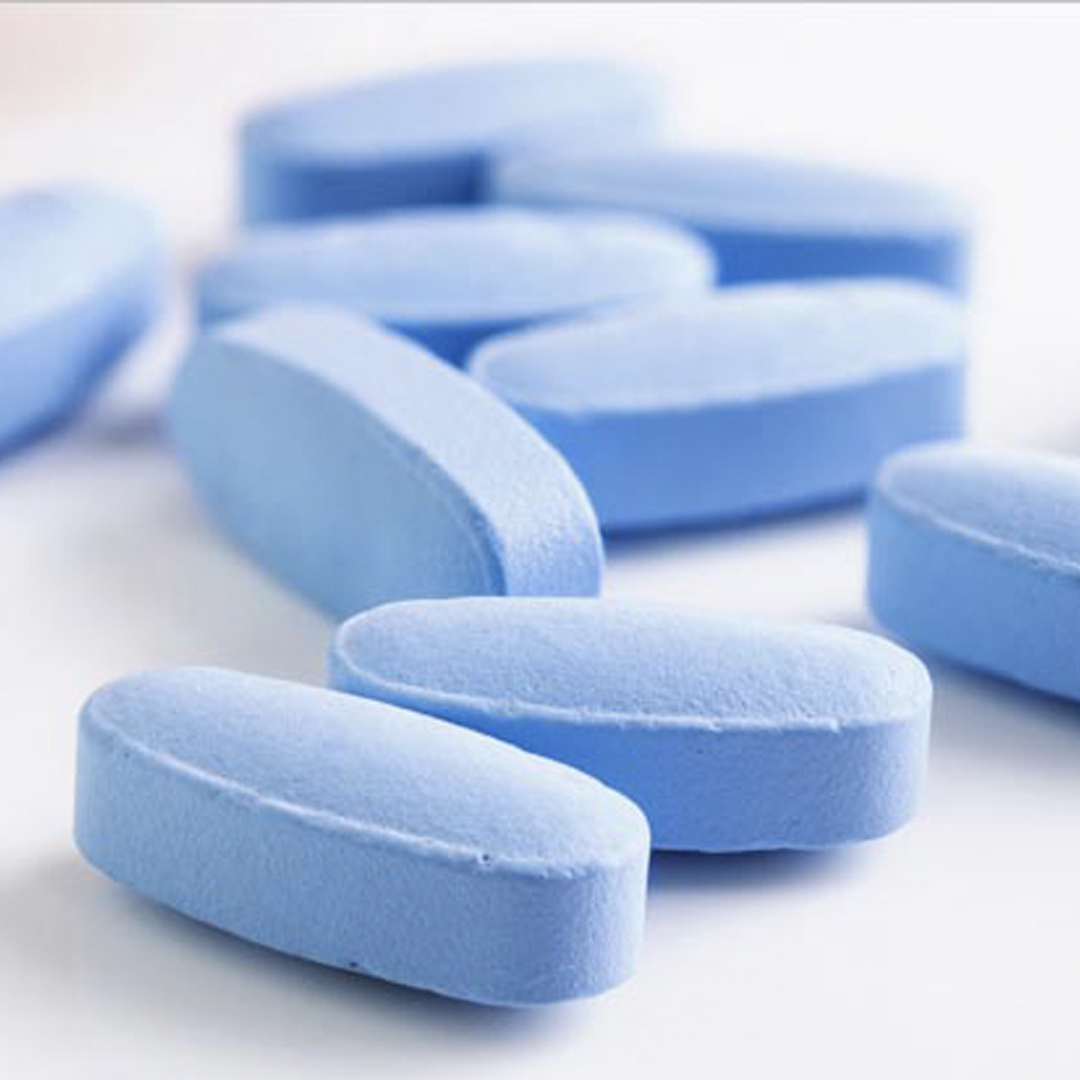
Pre-Exposure Prophylaxis (PrEP) refers to the daily use of antiretroviral medication by people who are HIV-Negative but at risk of infection. It is a daily medication that will lower an individual's chance of getting HIV if they are exposed.

PrEP should be considered for people who are HIV-Negative and at significant risk of acquiring HIV infection. These include: Men who have sex with men (MSM), Transgender Woman (TG) and Sero-discordant couples, especially women who are experiencing domestic and sexual abuse.
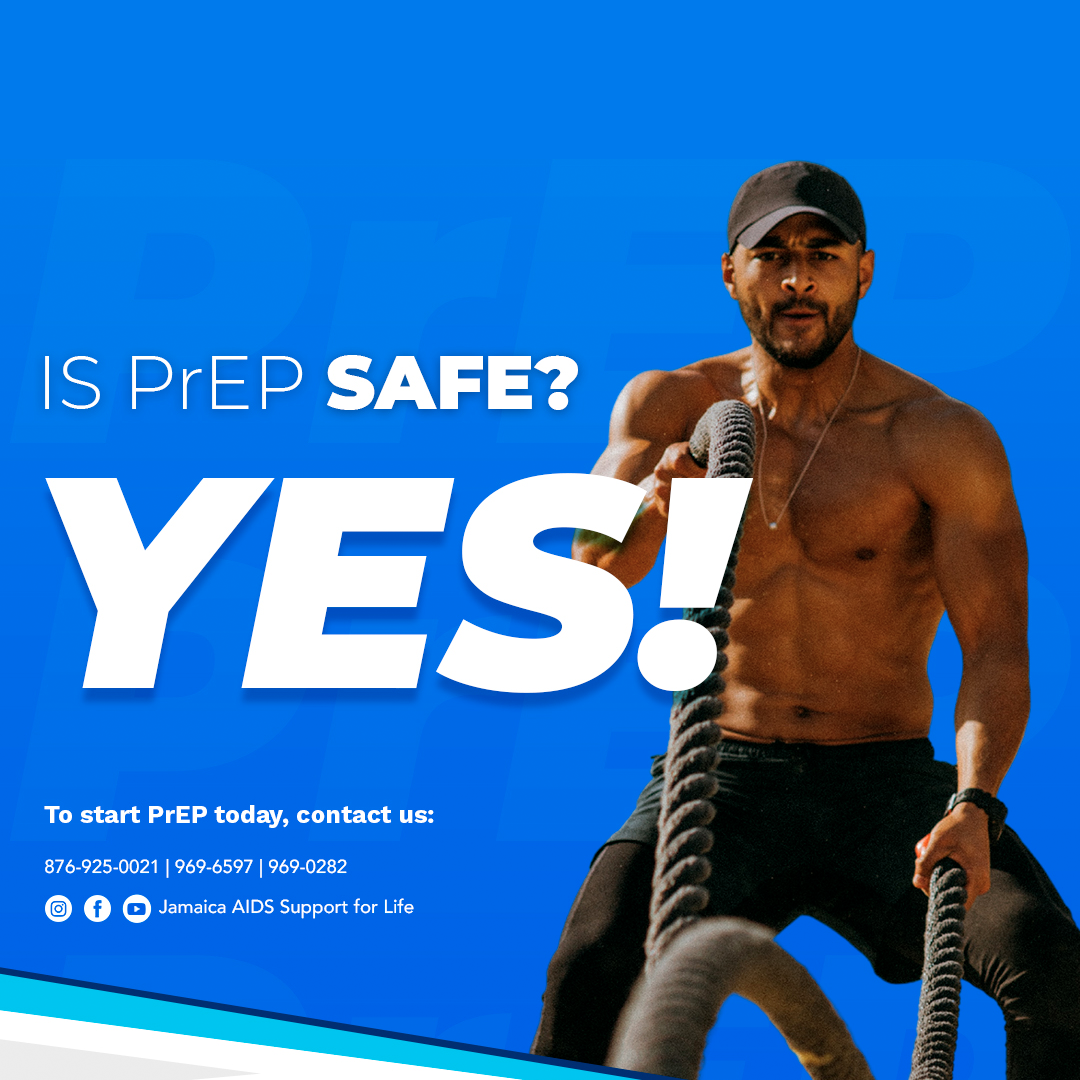
PrEP is very safe, with no side effects for 90% of users. About 10% of people who start PrEP will have some short-term, mild side effects. These may include: diarrhea, nausea, decreased appetite, skin rash, dizziness and headaches.
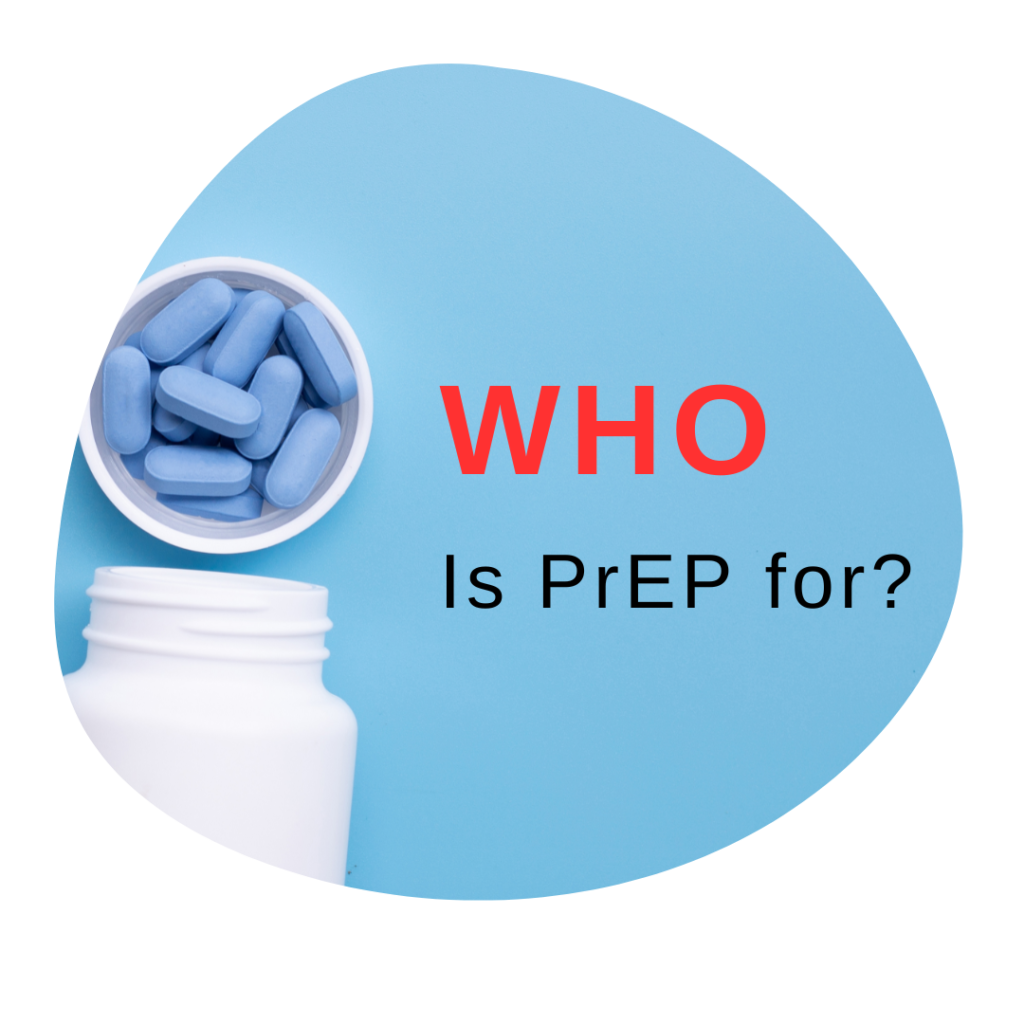
PrEP is primarily intended for people who are HIV negative and at significant risk of acquiring HIV infection. Based on studies from Centers for Disease Control and Prevention (CDC), these groups include:
A serodiscordant relationship, also known as mixed-status, is one where one partner is infected by HIV and the other is not. PrEP
provides an additional barrier of protection.
The HIV positivity rate among the transgender community in Jamaica stands at over 51%. Many trans women are victims of intimate partner violence and are not comfortable
accessing public healthcare due to the stigma and discrimination they may encounter.
Research has established a strong relationship between violence and HIV as women who are in abusive relationships are often unable to negotiate condom use, when, where and how they have sex. As a result, they are predisposed to HIV exposure.
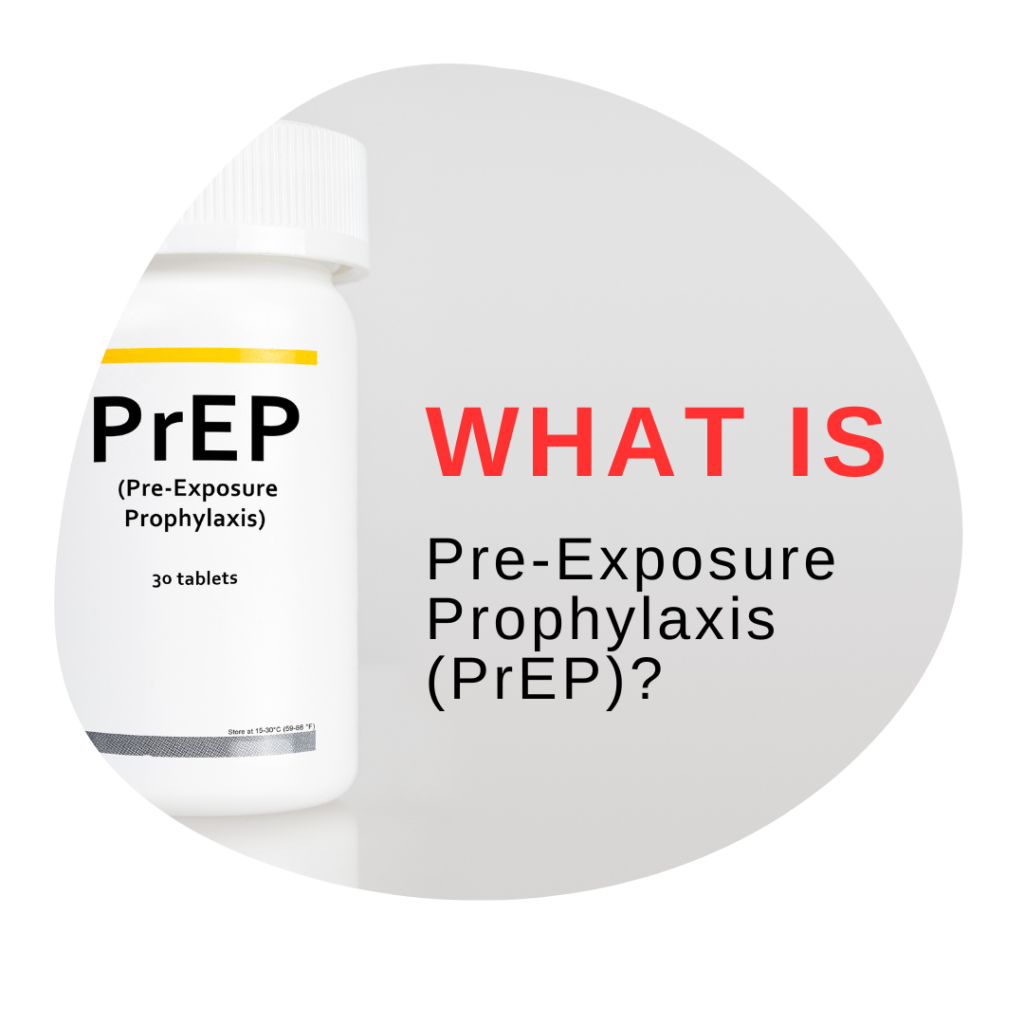
Pre-Exposure Prophylaxis, also called PrEP, refers to the daily use of antiretroviral medication by people who are HIV-negative but at risk of infection. It is a daily medication which will lower an individual’s chances of getting HIV if they are exposed. Truvada is the brand name of the medication used for PrEP in Jamaica.
PrEP efficacy is highly dependent upon adherence to the medication. When taken as prescribed, PrEP reduces the risk of acquiring HIV by more than 90%. Protection from HIV diminishes progressively with lower levels of adherence.
PrEP is very safe, with no side effects for 90% of users. About 10% of people who start PrEP will have mild short term, side effects. These may include: diarrhea, nausea, decreased appetite, skin rash, dizziness and headaches.
PrEP users are still encouraged to use condoms. PrEP only stops the transmission of HIV. It does not stop the transmission of any other sexual transmitted infections including syphilis, gonorrhea, and herpes.
PrEP should only be prescribed by a licensed medical practitioner. To learn more or get on PrEP contact Jamaica AIDS Support for Life. JASL will offer a screening process to ensure that PrEP is right for you.
For a nominal prescription fee, Jamaica AIDS Support for Life currently offers PrEP to persons at substantial risk of contracting HIV.

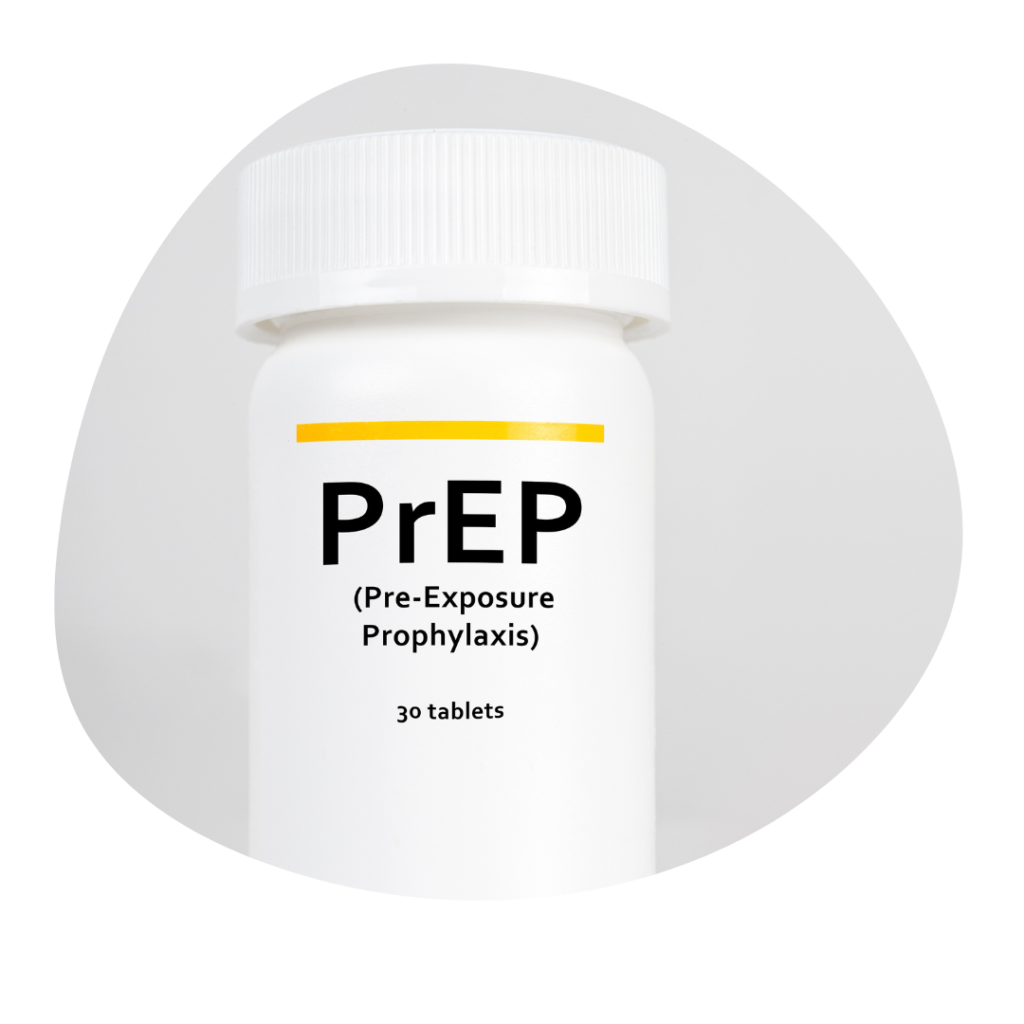
Post-exposure prophylaxis, also called PEP, refers to the use of antiretroviral medication for 28 days following an exposure to HIV infection, such as a condom-less sexual encounter with a person known to be HIV-positive. PEP is often given to rape victims and persons in the medical field who get exposed to HIV-infected fluids through needle stick injuries.
PEP must be administered within 72 hours of the exposure. Patients who are prescribed PrEP and are adherent, do not require PEP if they have a known exposure to HIV.
Clinicians will:
Clinicians should prescribe the once-daily, oral fixed-dose combination tablet of TDF-FTC consisting of 300 mg of tenofovir disoproxil fumarate and 200 mg of emtricitabine. The national guidelines recommend prescribing a one-month supply, followed by a clinical evaluation; and then prescribing 3-month supply with clinical follow up.
1. HIV screening test at least every three months. If there is suspicion for acute HIV infection at any point, an HIV RNA test should be performed.
